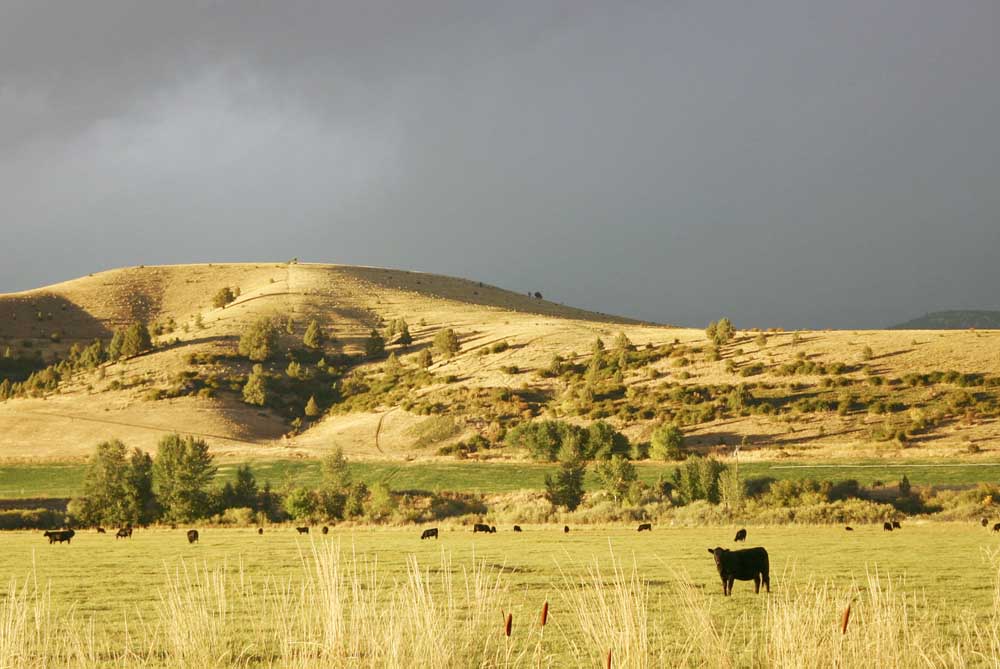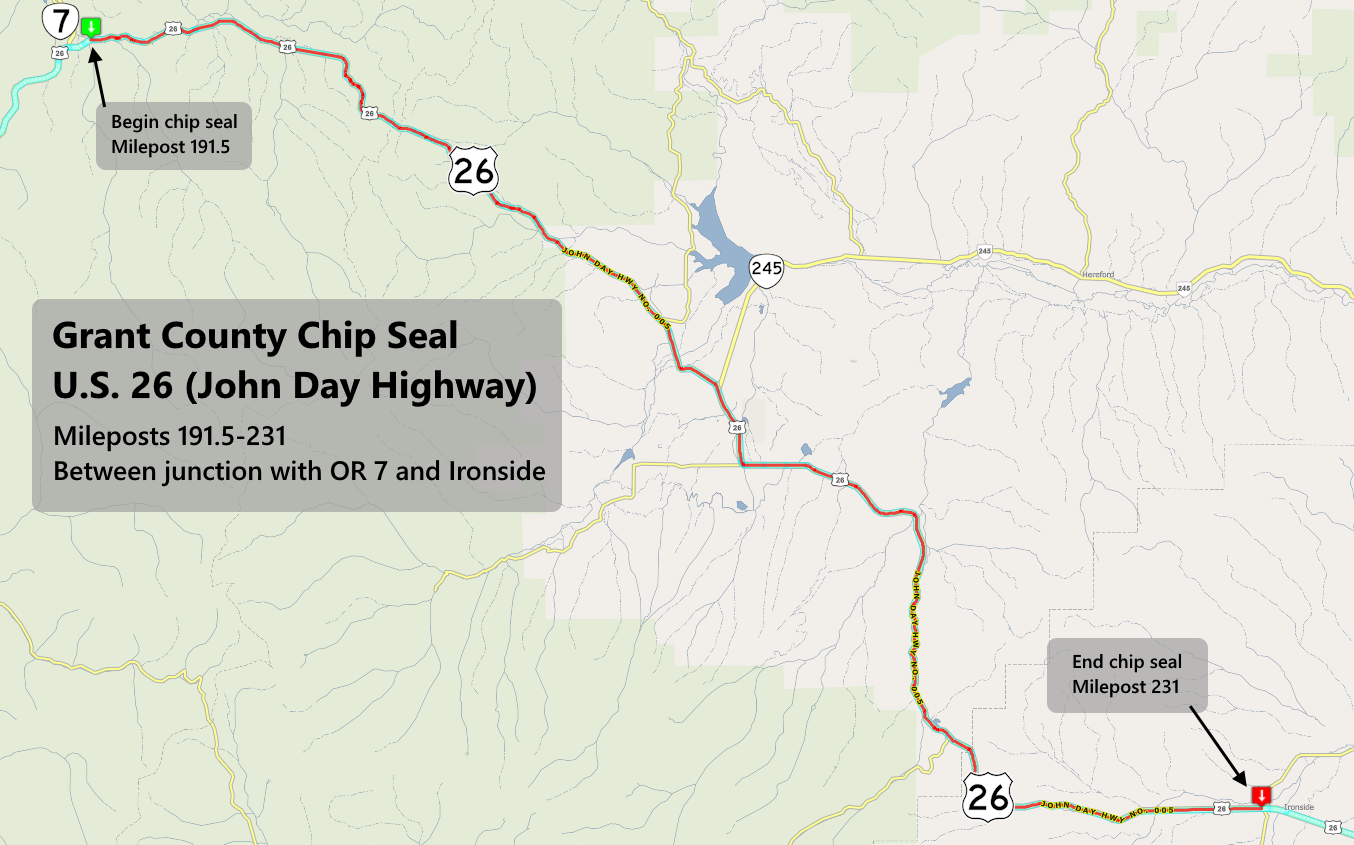BLM urges dismissal of lawsuit over Hammond grazing allotments
Published 4:15 pm Wednesday, June 29, 2022

- Cattle graze in Eastern Oregon.
The federal government is seeking the dismissal of a grazing lawsuit involving Oregon’s Hammond Ranches because cattle won’t graze the affected allotments until an environmental review is done.
The U.S. Bureau of Land Management has begun an “environmental impact statement” of livestock management and ecological health on four allotments traditionally grazed by the Hammond family near Diamond.
Cattle won’t be permitted onto the 26,000 acres of public land before the EIS is finished, so there’s no longer any basis for an environmental lawsuit that opposes cattle grazing by the Hammond family, according to BLM.
“The case is moot because there is no live controversy between the parties,” said Shannon Boylan, the government’s attorney, during oral arguments on Wednesday, June 29.
The Western Watersheds Project and three other environmental groups urged a federal judge not to dismiss the lawsuit, arguing there’s no guarantee BLM will actually follow through on the study.
“Right now there is no EIS, so it’s premature to declare the case moot,” said Talasi Brooks, attorney for the environmental plaintiffs. “We don’t know what the agency will do this time, and we won’t know until they do it.”
The Oregon ranch family was thrown into the public spotlight more than a decade ago, when Dwight Hammond and his son, Steven, were charged with arson for setting fires to rangelands.
Criminal and civil litigation involving the Hammonds has taken many twists and turns since then.
After being convicted in a jury trial, the Hammonds spent time behind bars and were released — only to be re-imprisoned after a federal appeals court decided they had to serve longer five-year mandatory minimum sentences.
Their return to federal prison was met with protests that culminated in the standoff at the Malheur National Wildlife Refuge in 2016, which gained national attention. The Hammonds were released from prison early after former President Donald Trump pardoned them in 2018.
The following year, BLM restored the grazing permit that the Hammond family had lost after the arson convictions.
A federal judge overturned that decision and remanded it to the BLM, but the agency again renewed their grazing permit in the final days of the Trump administration in early 2021.
Environmental groups filed another lawsuit over the decision but the BLM soon decided to rescind the permit decision after the Biden administration came into office.
The BLM now says the lawsuit should be thrown out because the environmental plaintiffs no longer have a problem for the federal court to sort out.
“There is no continuing harm because grazing never occurred,” said Boylan, the agency’s attorney. “I don’t know what the court would be reviewing if this case is not dismissed.”
Until the BLM makes a new grazing decision based on the environmental impact statement, there’s nothing to fight about in court, she said.
“It would be premature for the agency to declare it will make one decision or another because it has not completed the environmental analysis yet,” Boylan said. “Plaintiffs have the opportunity to participate in the EIS process.”
Hammond Ranches hasn’t intervened in the lawsuit but has submitted comments on the BLM’s EIS process, said Alan Schroeder, the company’s attorney.
When the grazing permit was rescinded, the agency initially said it only planned to respond to protests — but it has now undertaken a much more complex process, he said.
“One could be frustrated with the fact they have further reversed course,” Schroeder said.
Completing an EIS takes about 4.5 years on average, according to a federal estimate.
In its letter to BLM, the ranch questioned why it hasn’t been issued an interim grazing permit, since BLM is effectively “holding hostage” private land that’s adjacent to the public allotments.
Fencing off the private property is “not prudent for a wealth of ecologic and economic considerations,” the letter said.
The environmental plaintiffs claimed the lawsuit isn’t moot because the BLM hasn’t terminated the “environmental assessment,” or EA, that justified the grazing permit’s renewal.
“The agency can issue a new decision based on that EA at any time,” said Brooks, the environmental attorney. “The fact the EA is still in effect means the agency can do the same thing again. BLM can authorize grazing based on the EA at any time.”
U.S. Magistrate Judge Andrew Hall said at the conclusion of oral arguments that he’d try to issue a decision within 60 days but urged the parties to find an interim solution before then.






